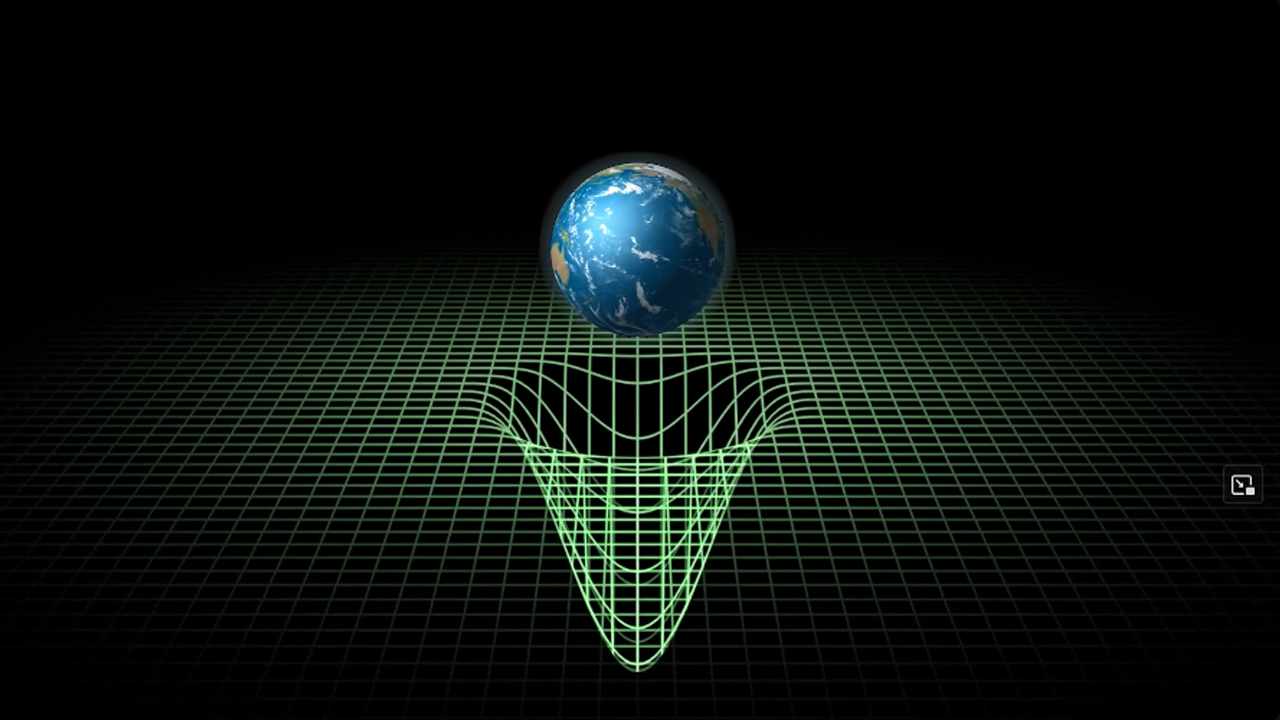
A recent experiment at Fermilab has delivered intriguing results that challenge standard predictions, adding fuel to the ongoing quest for quantum gravity. These findings, which involve the behavior of muons, suggest influences from physics beyond the Standard Model. This echoes unresolved tensions similar to those found in Stephen Hawking’s black hole paradox. As physicists grapple with the task of unifying quantum mechanics and general relativity, this latest data underscores just how elusive the concept of quantum gravity remains.
The Challenge of Unifying Quantum Mechanics and Gravity
At the heart of modern physics lies a fundamental incompatibility. Quantum field theory, which governs particles like muons, and Einstein’s general relativity, which describes gravity on cosmic scales, seem to operate on entirely different principles. This has led to a long-standing challenge in physics: how to reconcile these two theories into a unified framework.
Attempts to merge these theories, such as string theory or loop quantum gravity, have so far failed to produce testable predictions without new experimental insights. High-precision measurements, like those conducted at Fermilab, play a crucial role in exposing cracks in the Standard Model that could hint at quantum gravity effects.
Muon Anomalies at Fermilab
At Fermilab, scientists have been conducting new measurements of a tiny particle known as the muon. The focus of these experiments has been on the muon’s magnetic moment, which has shown a deviation from theoretical predictions. These results, reported on August 10, 2023, show a discrepancy of about 5 sigma from theory, suggesting the presence of unknown particles or forces.
The precision of the muon g-2 experiment has broader implications for quantum gravity. Virtual particles in quantum loops might interact with gravitational fields in unexpected ways, hinting at the existence of new physics beyond our current understanding.
Insights from Black Hole Paradox Resolutions
Another area where the tension between quantum mechanics and gravity is evident is in Stephen Hawking’s black hole paradox. This paradox arises from the idea that information is lost when black holes evaporate, which contradicts quantum principles. However, recent solutions proposed on October 21, 2024, have managed to reconcile quantum mechanics with gravity, albeit while introducing fresh puzzles about entanglement and spacetime.
These theoretical advances highlight the gaps in our experimental understanding. The need for a theory of quantum gravity to resolve paradoxes at event horizons is becoming increasingly clear.
Experimental Probes into Quantum Gravity
A new experiment detailed on November 11, 2025, aims to test quantum effects in gravitational contexts using particle accelerators. Other approaches include tabletop experiments and cosmic observations, such as those involving neutron stars, that aim to detect quantum fluctuations in gravity.
However, these experiments face significant limitations. The Planck scale, where quantum gravity effects are expected to become prominent, is currently inaccessible to direct experimental probes. Indirect evidence from muons or black holes might provide a way to bridge this gap.
Theoretical Frameworks and Open Questions
String theory, with its extra dimensions, is one candidate for a theory of quantum gravity. The anomalies observed in muon behavior could potentially probe these hidden sectors. On the other hand, loop quantum gravity proposes a discrete spacetime, which has parallels to solutions of the Hawking paradox that quantize black hole interiors.
The 2025 experiment raises key questions, such as whether gravity emerges from quantum entanglement, and the role of new particles in unification. These questions will guide future research in the field.
Implications for Future Physics Research
The results from Fermilab’s muon experiments will likely guide upgrades to other experiments, such as the Large Hadron Collider. The quest for quantum gravity also has implications for other fields, including cosmology, where it could potentially explain phenomena like dark energy or the flatness of the universe.
Collaborative efforts will be crucial in this endeavor. Building on the insights gained from resolving the black hole paradox, physicists will need to design next-generation tests that can probe the quantum nature of gravity. The journey towards a theory of quantum gravity is far from over, but each new experiment brings us one step closer.
More from MorningOverview